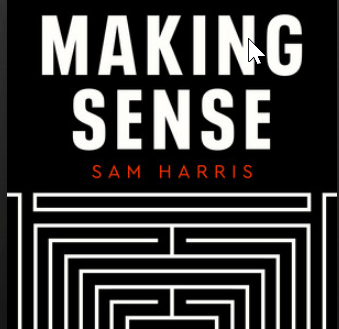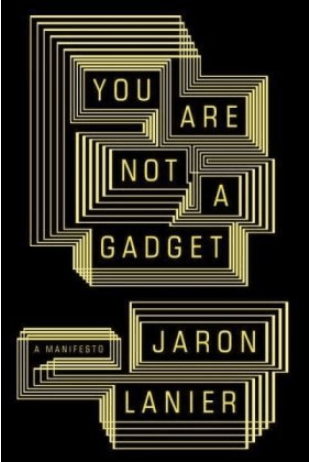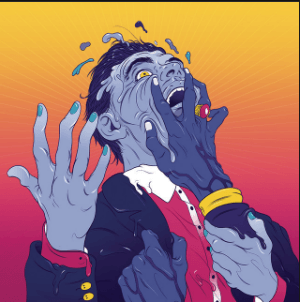John McLaughlin's Electric Albums
JM Phase 2

My first John McLaughlin phase was in my late teens, part of a more general journey of discovery through that incredible explosion of jazz-influenced musical creativity around the late 60's early 70's: Miles, Herbie Hancock, Wayne Shorter and so on. I did own a copy of Electric Guitarist (dolby cassette), but was mostly too blown away by Bitches Brew, My Goals Beyond, Love, Devotion and Surrender (John and Carlos loafing in matching white suits) to pay much attention.
My Spotify-inspired re-discovery of these two albums now officially constitutes JM phase two.
The sheer emotional intensity of My Goals Beyond, for example, is tempered here with cool compositions and 70's rhythms, all executed by brilliant, professional musicians.
As if he's been on a journey and come back, and decided to take the best of all that is around him and just now make beautiful sounds - and leave the listener to make their own minds up about their path to enlightenment (though nudging you in the right direction).
Check out Electric Dreams, Electric Sighs, or New York on my Mind, and I'm sure you'll agree....


